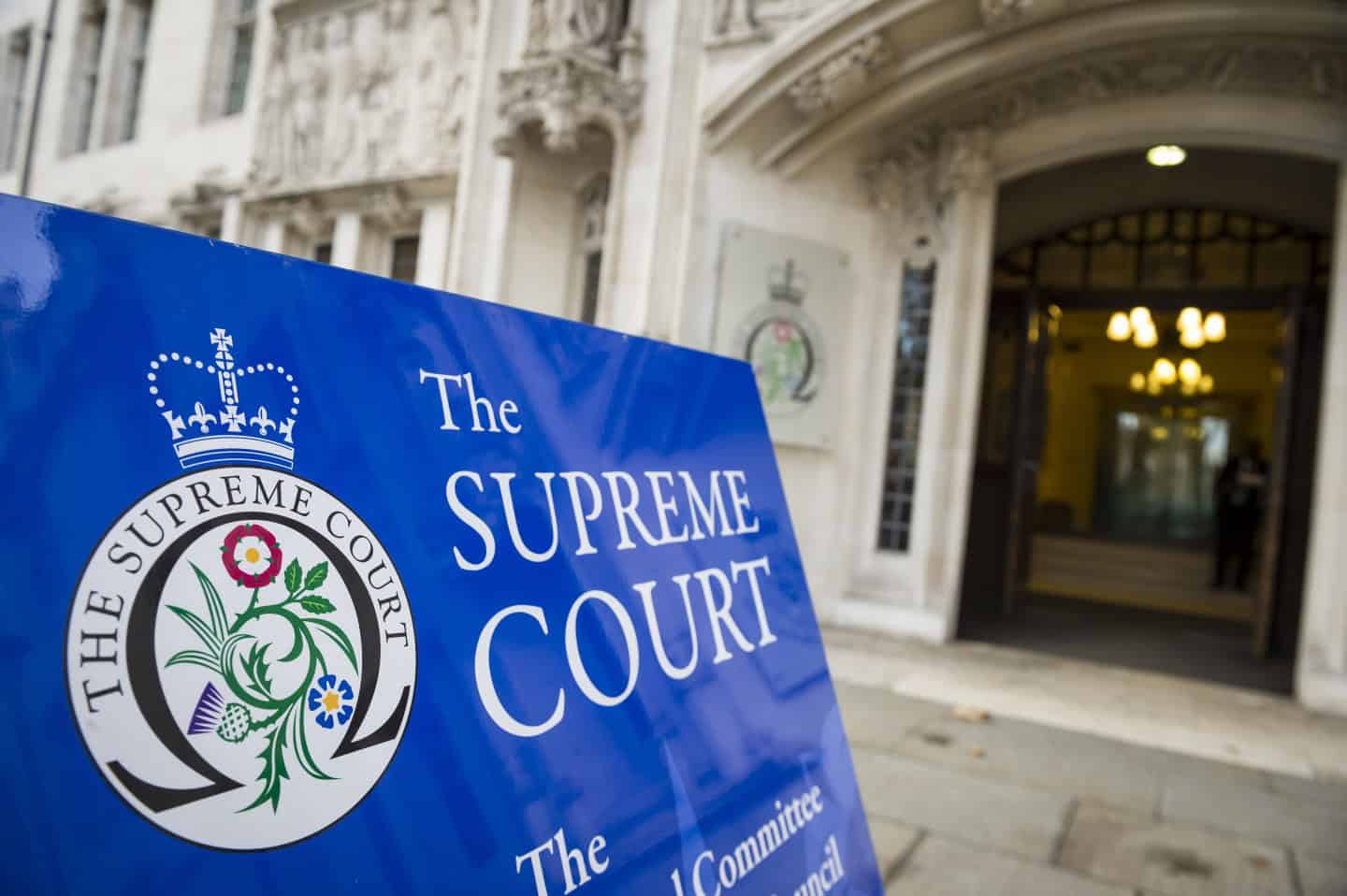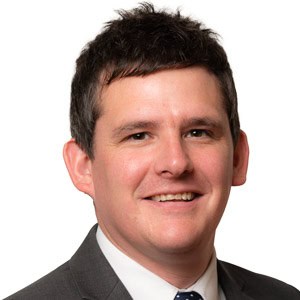
Supreme Court decision confirms Elders are akin to employees in Jehovah’s Witnesses Abuse Case
- Supreme Court rules that Elders are akin to employees
- Judgment brings clarity to cases involving abuse committed by volunteers
- Decision is a blow for the Jehovah’s Witnesses Organisation
London firm Bolt Burdon Kemp LLP represent the Respondent in today’s landmark decision concerning abuse at the hands of an Elder – a religious leader in the Jehovah’s Witnesses. The High Court and Court of Appeal held that the Jehovah’s Witnesses organisation was vicariously liable for a rape committed by one of their elders. The Jehovah’s Witnesses appealed this decision to the Supreme Court. Today’s Supreme Court judgment confirms that those who are Elders are akin to employees, for the purposes of applying the principle of vicarious liability.
It is well established in English law that an employer is vicariously liable for the wrong-doing of their employees, carried out in the course of their employment. The situation in respect of Jehovah’s Witnesses (and other religious organisations) has been subject to disagreement. Today’s judgment brings welcome clarity and confirms that those who are Elders within the Jehovah’s Witnesses are akin to employees, reaffirming the decision made in A v Trustees of the Watchtower Bible and Tract Society and Others [2015] EWHC 1722 (QB).
Thomas Beale, Partner in the Abuse team at Bolt Burdon Kemp says: “Today’s judgment, confirming that volunteers can be akin to employees is helpful. In many cases that my team work on, those who carry out abuse are often closely connected to the survivor through an assigned role, for example, teacher/pupil, doctor/patient, carers, scout leaders, and so on. Establishing that an organisation can be held vicariously liable for those who are given positions of authority on an unpaid (aka voluntary) basis is a victory for all survivors who have been affected by abuse in this way. My firm continues to challenge the legal landscape in respect of the laws and principles applicable to survivors of abuse and to fight for justice for all survivors of abuse.”
Background to the case
Our client suffered a traumatic sexual assault at the hands of an Elder in her Jehovah’s Witnesses congregation, Mark Sewell. Sewell was convicted of raping our client, and of indecently assaulting two other people, in 2014. Our client was an adult at the time of the abuse and the abuse occurred in Sewell’s home (not at a Jehovah’s Witnesses venue). Our client succeeded in the High Court.
The defendant – the worldwide governing body of the Jehovah’s Witnesses, Watch Tower Bible and Tract Society of Pennsylvania – appealed the judgment on the grounds that a) they could not be vicariously liable for an Elder’s actions (as they are not the Elder’s employees) and b) the abuse occurred outside of the organisation. They lost their appeal, with Bean LJ stating “This appeal is the latest episode in the attempts of religious organisations to escape vicarious liability in claims for damages for sexual offences committed by those whom they have placed in positions of responsibility and moral authority”.
After holding this religious organisation to account and securing a landmark victory for our client, confirming that religious organisations can be held responsible for their leaders’ actions, the defendant appealed to the Supreme Court. The hearing took place in February 2023.
The Supreme Court’s finding that elders are akin to employees is supportive of all survivors who are abused by someone in a position of authority within a religious setting. More widely, the decision confirms that volunteers can be akin to employees. This finding is applicable in a broad range of circumstances where abuse will often be closely connected to an assigned role.
Whilst the Appellant succeeded in the second part of their appeal, with the Supreme Court deciding that on the facts the rape was not closely connected to the role of an elder, this finding is very fact-specific to this case. The Supreme Court held that Sewell abused his position as a close friend of our client, rather than his position as an Elder, when he raped her.
The Court confirmed that the facts in this case were “not equivalent to the gradual grooming of a child for sexual gratification by a person in authority over that child”, distinguishing this case from those involving children.
Thomas Beale, Partner in the Abuse team at Bolt Burdon Kemp says: “We are obviously disappointed with the conclusion in respect of the second stage of the vicarious liability test, which is devastating for our client, who has shown great bravery and determination.”










